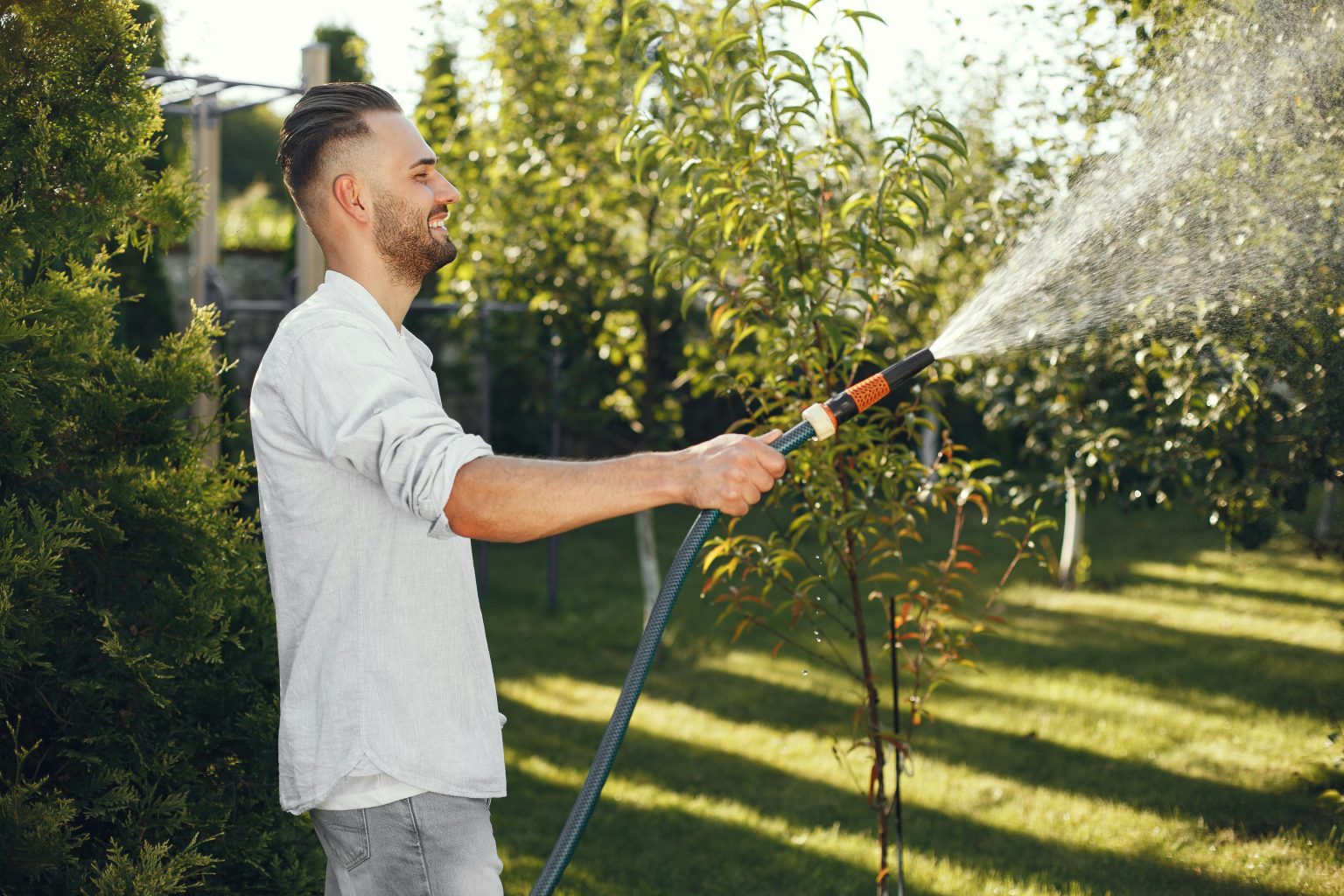Gardening has always been a hands-on, rewarding hobby that connects people to nature. However, as technology continues to advance, even traditional gardening practices are evolving to become more efficient and convenient. Smart gardening tools are now making it possible for gardeners to take better care of their plants with less manual effort while achieving improved results.
These tools combine innovative design with user-friendly technology to address some of the most common challenges gardeners face, from watering to monitoring soil conditions. Smart tools do more than automate tasks; they offer precision and insight that can make plant care more intuitive. For many homeowners and gardening enthusiasts, these advancements are changing the way gardens are planned, maintained, and enjoyed throughout the seasons.
Smart Irrigation Systems Enhancing Water Efficiency
One of the key areas where smart gardening tools are making an impact is irrigation. Traditional watering methods can be time-consuming and often lead to either overwatering or underwatering, both of which can harm plant health. Smart irrigation systems address these issues by offering precise control over watering schedules and amounts.
These systems typically include moisture sensors that track soil hydration in real-time. When soil moisture drops below a set level, the system automatically adjusts the watering schedule to meet the plants’ needs. This careful management ensures that gardens receive just the right amount of water, minimizing waste while promoting stronger plant growth.
The benefits extend beyond convenience. By using smart irrigation systems, gardeners can reduce water consumption, which supports sustainability and lowers utility costs. In this way, technology is helping align everyday gardening with environmentally responsible practices.
Soil Monitoring Devices Supporting Healthier Plants
Soil quality is central to a thriving garden, but assessing its condition often requires guesswork. Smart soil monitoring devices are changing this by providing detailed data about moisture, pH levels, temperature, and nutrient content. These tools give gardeners valuable insights that can guide their planting and fertilization strategies with greater accuracy.
When connected to smartphone apps, soil sensors can send real-time alerts, helping gardeners respond quickly to any changes that could affect plant health. Whether it’s recognizing when to adjust watering routines or identifying nutrient deficiencies, these smart tools offer clarity that was previously difficult to achieve without professional testing.
Incorporating this technology into home gardens allows for more informed decisions that can lead to healthier, more vibrant plants. With this level of control, gardeners can prevent common issues that might otherwise go unnoticed until plants begin to suffer.
Automated Garden Equipment Improving Maintenance
Regular garden maintenance, such as trimming grass or moving hose reels, can be physically demanding and time-consuming. Smart lawn mowers and automated hose management systems are now making these tasks easier. Robotic lawn mowers, for instance, can operate on set schedules, trimming grass evenly without the need for manual supervision. They navigate around garden beds and obstacles with precision, saving gardeners considerable effort.
Automated hose reels also contribute to the efficiency of outdoor maintenance. These systems can retract hoses smoothly, preventing tangles and reducing the physical strain associated with traditional hose storage. While hose reels have been available for years, the integration of smart, automated features now offers a more seamless gardening experience, especially when combined with smart irrigation setups.
These tools simplify the everyday responsibilities that come with garden care, making it possible for gardeners to focus more on creative planning and less on repetitive upkeep.
Weather-Based Technology Guiding Gardening Decisions
Weather remains one of the most unpredictable factors in gardening. Smart weather stations designed for home use now offer real-time updates on temperature, humidity, rainfall, and wind conditions. This information is especially useful for determining the best times for planting, watering, or applying treatments to prevent pest and disease outbreaks.
Unlike relying on general weather forecasts, these home-based stations provide hyperlocal data tailored to the specific microclimate of a garden. Gardeners can fine-tune their care routines based on this targeted information, reducing the risk of weather-related damage.
Smart weather tools also help gardeners plan seasonal transitions more effectively, knowing precisely when to prepare for frost or when to protect plants from heatwaves. This added layer of information supports healthier gardens and allows for more confident, well-timed decisions throughout the year.
The Future of Gardening with Smart Technology
The integration of smart gardening tools into home landscapes is more than a passing trend. It represents a thoughtful evolution in plant care that makes gardening more accessible, efficient, and sustainable. These innovations are helping gardeners of all skill levels build healthier outdoor spaces while reducing the physical strain traditionally associated with garden maintenance.
As technology continues to advance, gardeners can look forward to even more tools that enhance their ability to nurture thriving, beautiful spaces with less guesswork and greater precision. By embracing these changes, the gardening experience becomes not only more manageable but also more rewarding.


